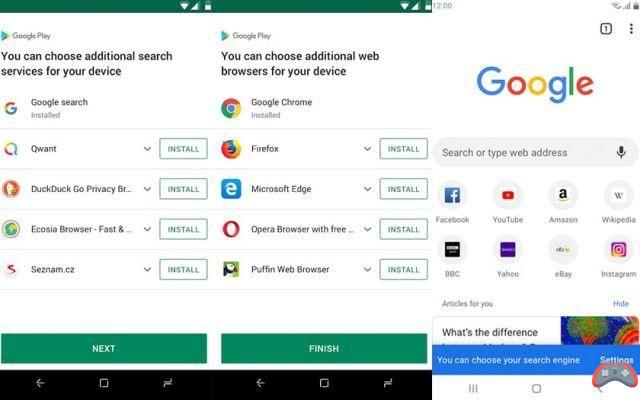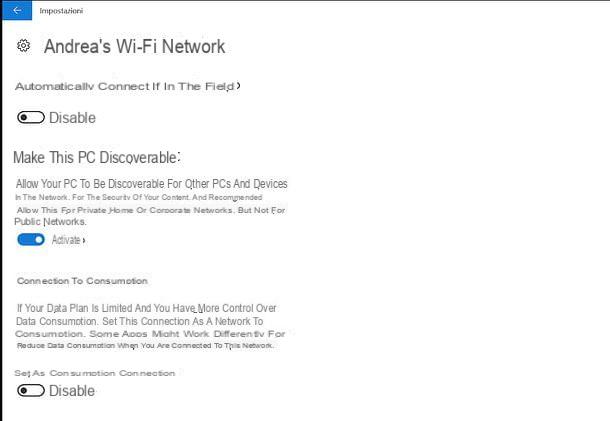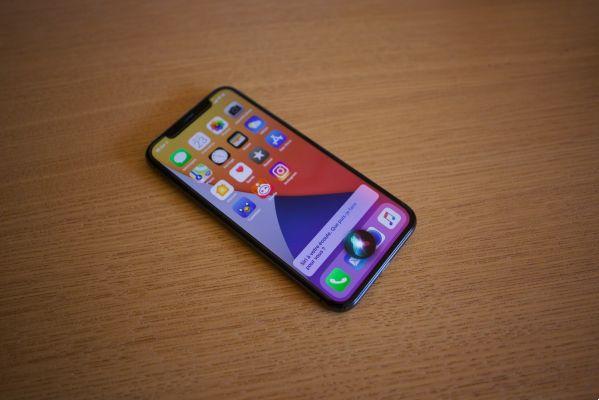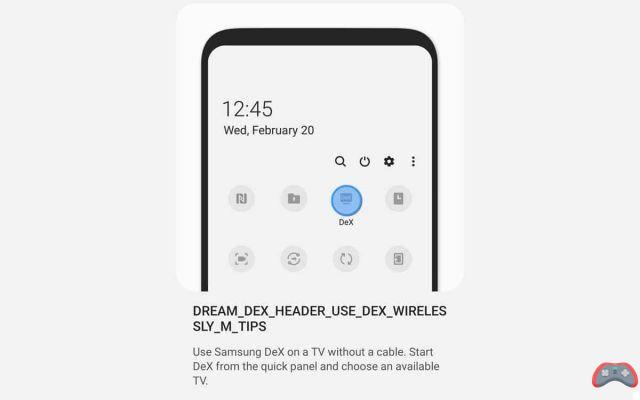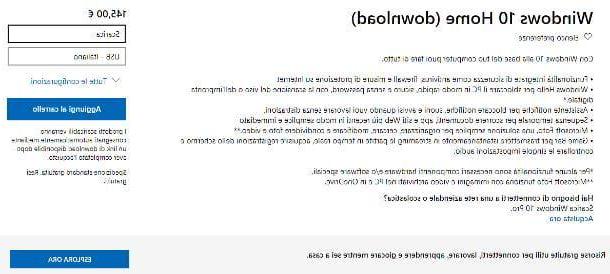 Regarding internet browsing, you should know that the data relating to the web pages you visit does not disappear when you close the browser or turn off the computer. All the history of visited websites is saved for a certain period. Furthermore, when you surf the internet, you exchange data with the sites which capture statistical information on visits.
Regarding internet browsing, you should know that the data relating to the web pages you visit does not disappear when you close the browser or turn off the computer. All the history of visited websites is saved for a certain period. Furthermore, when you surf the internet, you exchange data with the sites which capture statistical information on visits.Whichever computer you use, when you browse internet sites, you exchange data with other computers (a website in fact resides on a server).
The browser with which you visit a website receives the data to load the pages or applications while the site takes some information from the computer and releases a cookie, that is a simple expiring text file in which it is written that this pc, with xyz browser, entered the site this day.
You have to imagine the cookie as if it were a certificate of participation that says "I've been here" or, in the case of sites like Google and Facebook, "I've been here and I've looked for this".
Cookies, in themselves, are not a problem at all, indeed, in some cases they are very useful to avoid, for example, the appearance of advertising popups more than once or to customize searches or to receive automated suggestions that reflect your own tastes.
Avoiding all of this means maintain their privacy, both towards other people who use the same computer, and to remain anonymous in the statistics of the various sites. For example, you may want to avoid Google search being unaffected by past searches or you may prefer to log into Facebook without fear of leaving your login data in memory.
To protect your privacy on the internet, the most used web browsers such as Internet Explorer, Firefox, Chrome, Safari and Opera have implemented a function called "incognito" or "private" navigation.
Browsing the internet incognito nothing is recorded on the history and so-called cookies are not saved (in theory), so every time you go to a website, it will seem as if it were the first time.
If in another article I had said how to force browsers to open in private mode, on this occasion let's see how it can be done use Google Chrome or Firefox to automatically set the visit to some chosen websites, always in incognito mode.
It can then be installed a Chrome extension call Incognito This to reopen an already open site, in private mode, with a click.
Once installed, you can go to the extension options menu and write the addresses of the websites on which you want to always and automatically browse in incognito. So, by setting, for example, among the sites to browse privately, every time you come to these pages, a new Google Chrome window will open without leaving traces either on that specific site or on your computer.
Also on Chrome a new extension that allows you to quickly add websites chosen for opening in incognito mode is Incognito filter
Su Firefox, a similar extension is Open in Private Browsing Mode which allows you to choose some websites to browse automatically in private, without registering cookies. It also adds an option if you right-click on a link, to open that site in private mode.





